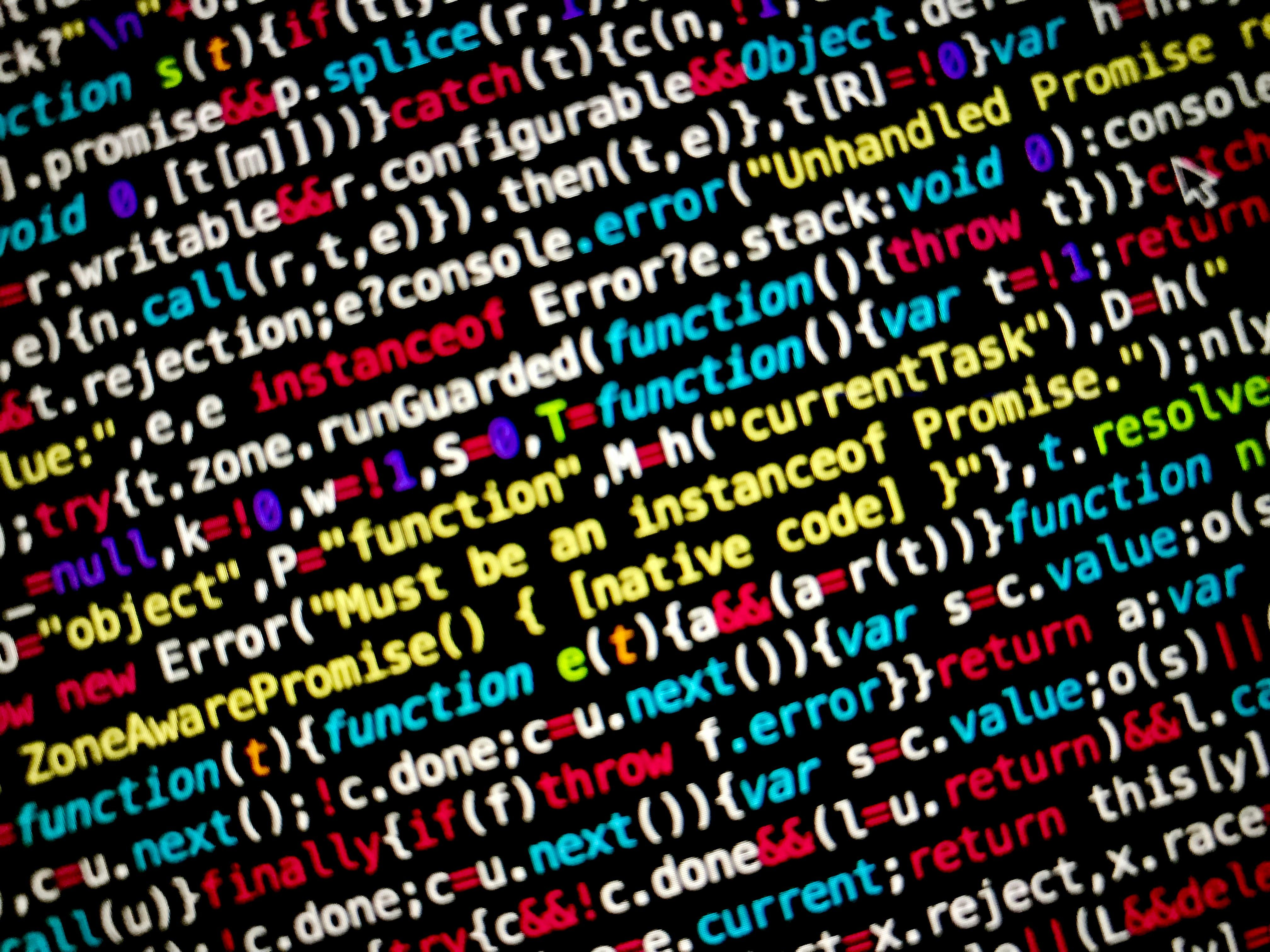Escalating India-Pakistan tensions prompt phone calls from Senator Rubio to Jaishankar and Pakistani Prime Minister Shehbaz Sharif.
Headlines:* Solidarity and calls for de-escalation dominate global response to Pahalgam attack* Indo-Pak tensions escalate: External affairs minister Jaishankar emphasizes firm response to military attacks* US Secretary of State Marco Rubio advocates for dialogue and de-escalation following Indo-Pak conflict
New Delhi: The international community expressed solidarity and outrage over the Pahalgam terror attack, urging India and Pakistan to exercise restraint and work towards de-escalation. As external affairs minister S Jaishankar made it clear that any military attacks from Pakistan would be met with a "very, very firm response", the US Secretary of State Marco Rubio made calls to both Jaishankar and Pakistani Prime Minister Shehbaz Sharif, emphasizing the need for immediate de-escalation.
India has no intention of escalating the situation with Pakistan, but was compelled to respond to the Pahalgam terror attack on April 22 by striking cross-border terrorist infrastructure. Jaishankar noted that any escalation will be met with a firm response, while EU leaders unequivocally condemned the attack on innocent civilians and called on both parties to show restraint and de-escalate tensions.
After both nations carried out strikes against military targets, Rubio dialogued with Jaishankar and Sharif, expressing support for direct dialogue between India and Pakistan and encouraging continued efforts to improve communications. However, he also conveyed concern over the reported loss of civilian lives and reiterated calls for Pakistan to take concrete steps to end any support for terrorist groups.
Jaishankar also spoke with EU high representative for foreign affairs Kaja Kallas, emphasizing that India has been measured in its actions and that any escalation will get a firm response. The EU also is closely monitoring the growing tensions in the region, calling on both parties to de-escalate tensions, desist from further attacks, and engage in dialogue.
Analysts note that the situation remains fragile, with no clear winners militarily, and that the regional status quo has been upended by India's more aggressive posture through deeper strikes into Pakistani territory. The conflict has unified previously fractured political forces within Pakistan and brought international attention to the Kashmir issue. While de-escalation efforts are ongoing, the overall situation remains tense, and the risk of renewed hostilities persists.
Footnote:[1] - "India-Pakistan Tensions Escalate after Pahalgam Terror Attack", The Diplomat, April 26, 2023, www.thediplomat.com"India-Pakistan Conflict: What You Need to Know", BBC News, April 28, 2023, www.bbc.com
- The international community, including the European Union, expressed solidarity and concern over the escalating India-Pakistan conflict, urging both nations to de-escalate and engage in dialogue.
- Amidst the escalated tensions, international figures such as US Secretary of State Marco Rubio have emphasized the need to address the infrastructure supporting cross-border terrorism, particularly in relation to the Pahalgam attack.
- Political news and general discussions have highlighted the impact of the India-Pakistan conflict on international relations and global infrastructure, with analysts noting the potential for war-and-conflicts to disrupt the region's stability.







